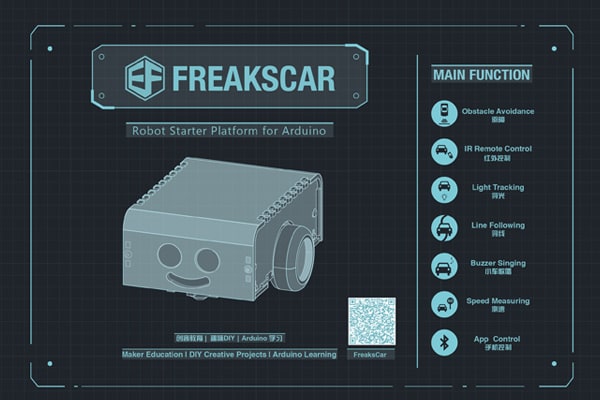Infocomm Learning Roadmap
Game Development
This series of courses is an engaging introduction to coding and game creation, with each of the three platforms—Scratch, Python, and Unity—providing unique advantages for different audiences.
What your students will learn:
- Game development cycle, from conceptualisation, storyboarding, and prototyping, to game creation, debugging, and user testing
- Implementing common game features, such as lives, scoring, win and lose conditions, increasing difficulty levels, save systems
- Understanding and implementing game development concepts, such as narratives, sprite design and usage, in-game physics, multi-player
- Games to build in Scratch course: Pong, Rail Shooter, City Builder
- Games to build in Python course: Breakout, Agar.io, Concentration Game, Sokoban
- Games to build in Unity course: Reflex Game, Choose Your Own Adventure, 2D Platformer, VR Project
This course is available in a 24-hour (“Newbie” and “Beginner” courses, recommended for younger students, up to Secondary 1) courses for Scratch, or 36-hour (“Intermediate” and “Advanced”) formats for Unity. Items indicated with an asterisk(*) are available at the intermediate and advanced courses only.
Scratch
Scratch is a popular block-based platform, widely used to introduce younger students to coding and game development. With syntax out of the way, students can focus on game mechanics, logical thinking, graphics, and animation. Recommended for primary to lower secondary
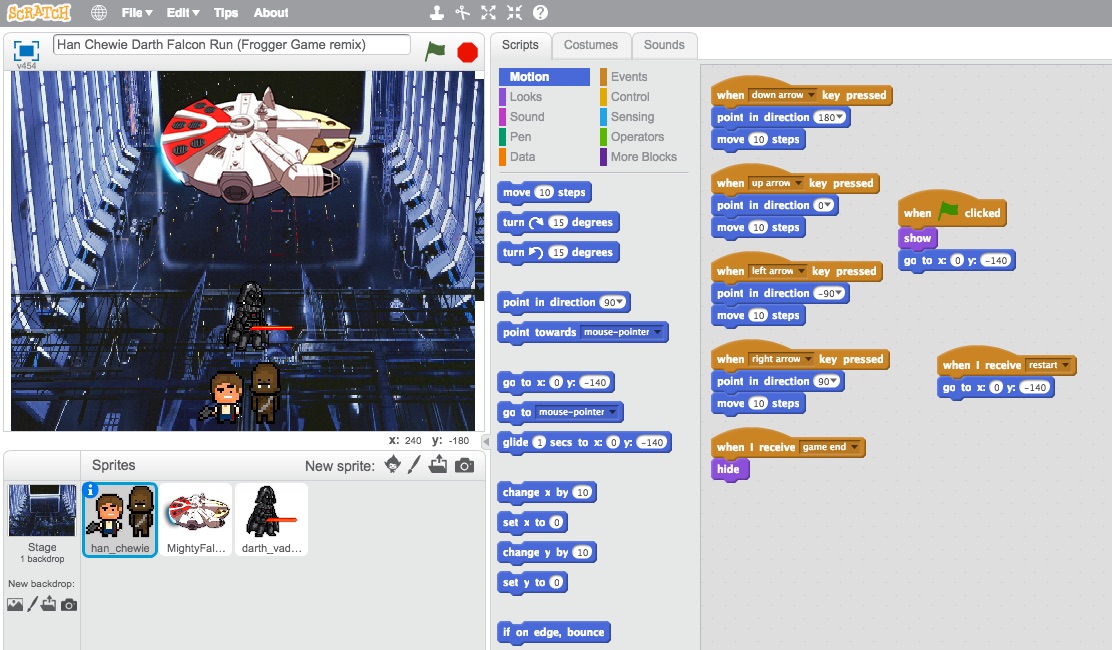
Python
Python is a great introductory syntax-based language, and with the Pygame and Processing modules, it allows students to create more complex games. Learning Python is a great choice for secondary school students—it’s a general-purpose language used in various domains, and it’s the language of choice for the new O-level computing curriculum.
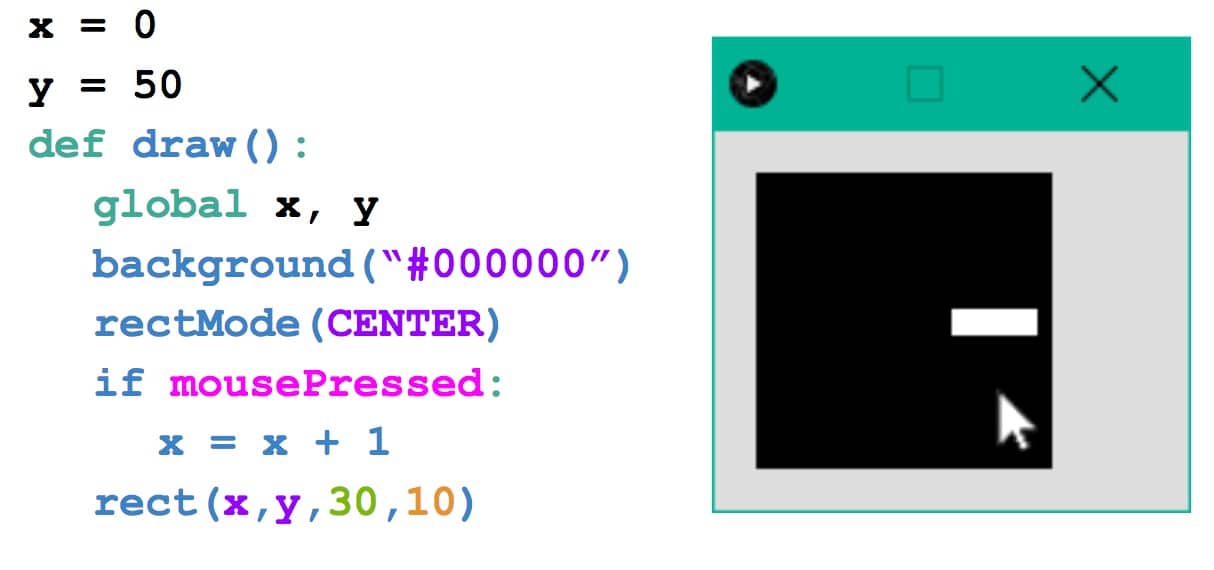
Unity
Unity is an industry-standard tool for creating games. As a complete professional platform, it is also the most complex course in our offerings, but with perseverance, students can create stunning results. The Unity platform is available for free to schools.
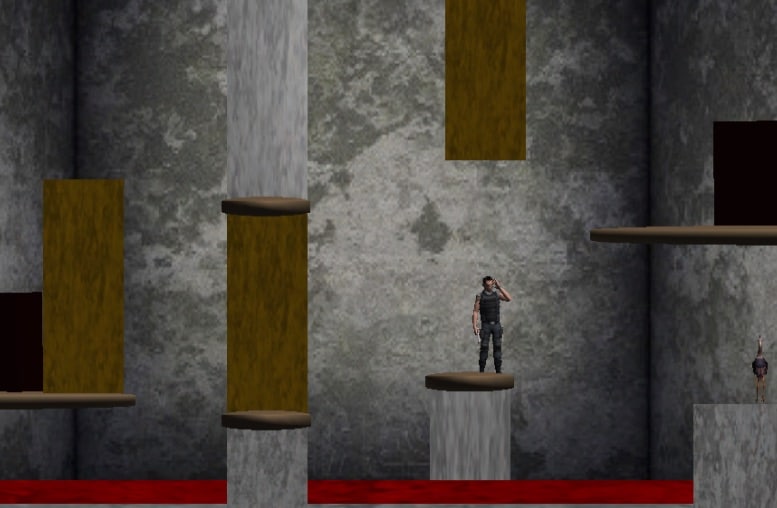
Ethical Hacker
This course introduces students to the fundamentals of cyber security—encryption, the structure of the Internet, transmitting data securely, working in UNIX, and more. Students will also learn about how cyber attacks happen, and how to better identify fraud, and defend themselves, online. We’ll even sneak in lessons on introductory Python programming, so students will be equipped to do hands-on exercises in encryption/decryption algorithms, and investigate the feasibility of various cryptanalysis techniques.
What your students will learn:
- What is hacking? Hacking in the news, malware, exploits, and protecting yourself
- Social hacking: your online profile, doxxing, and social engineering
- Structure of the Internet, introduction to UNIX
- Transmitting information
- Introduction to Python programming
- Internet services: HTTP, email (POP, IMAP, SMTP), IRC, FTP, SSH, and more
- Classical encryption: ciphers, frequency analysis
- Modern encryption: DES, AES, the enigma machine
- Public key cryptography, hashes, and signing; how this relates to the modern web (HTTPS, SSL)*
- Introduction to metasploit*
- UNIX treasure hunt! Create a honeypot to lure hackers*
This course is available in a 24-hour (“Newbie” and “Beginner” courses, recommended for younger students, up to Secondary 1) or 36-hour (“Intermediate” and “Advanced”) formats. Items indicated with an asterisk(*) are available at the intermediate and advanced courses only.
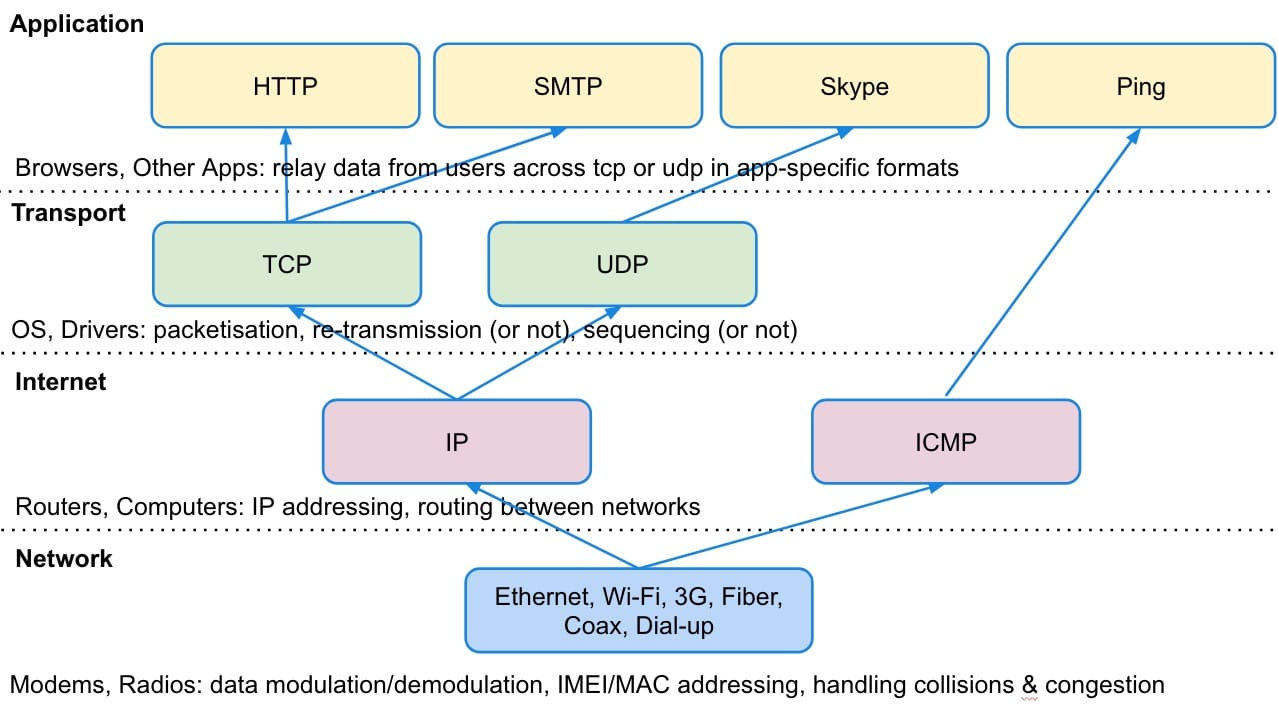
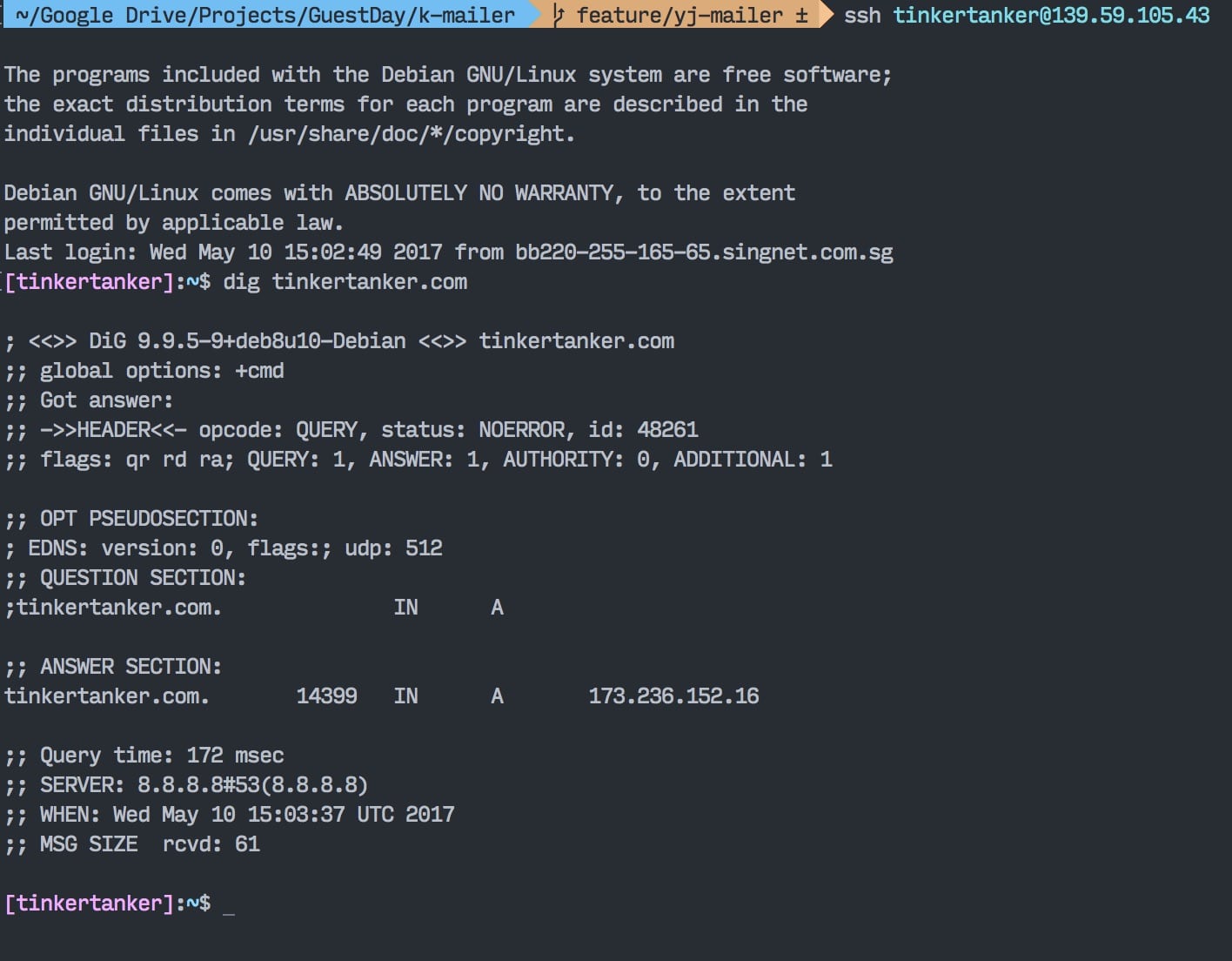
Robotics
We now offer Arduino as a robotics course, on the FreaksCar platform. Younger students can begin exploring with beginner-friendly robots, Sphero and Dash.
What your students will learn:
- Making robots move: sequencing and loops
- How robots interact with the world: sensors, gyroscopes, accelerometers, collision detection
- Engineering and electronics concepts in creation and design of robots
- Introductory coding in block-based programming languages
- Electronics prototyping and programming in Arduino C++*
- Communications: infrared, Bluetooth wireless communications*
- Real-time decision making: algorithms, back-tracking, obstacle avoidance*
This course is available in a 24-hour (“Newbie” and “Beginner” courses, recommended for younger students, up to Secondary 1) courses for Sphero or Dash, or 36-hour (“Intermediate” and “Advanced”) formats for Arduino FreaksCar. Items indicated with an asterisk(*) are available at the intermediate and advanced courses only.
Sphero / Dash
Sphero and Dash are programmable robots, controllable using simple, powerful drag-and-drop interfaces. In addition to introducing students to coding, our focus for younger students is to engage them meaningfully in STEM and 21st century skill sets emphasising problem solving, collaboration, and communications skills.
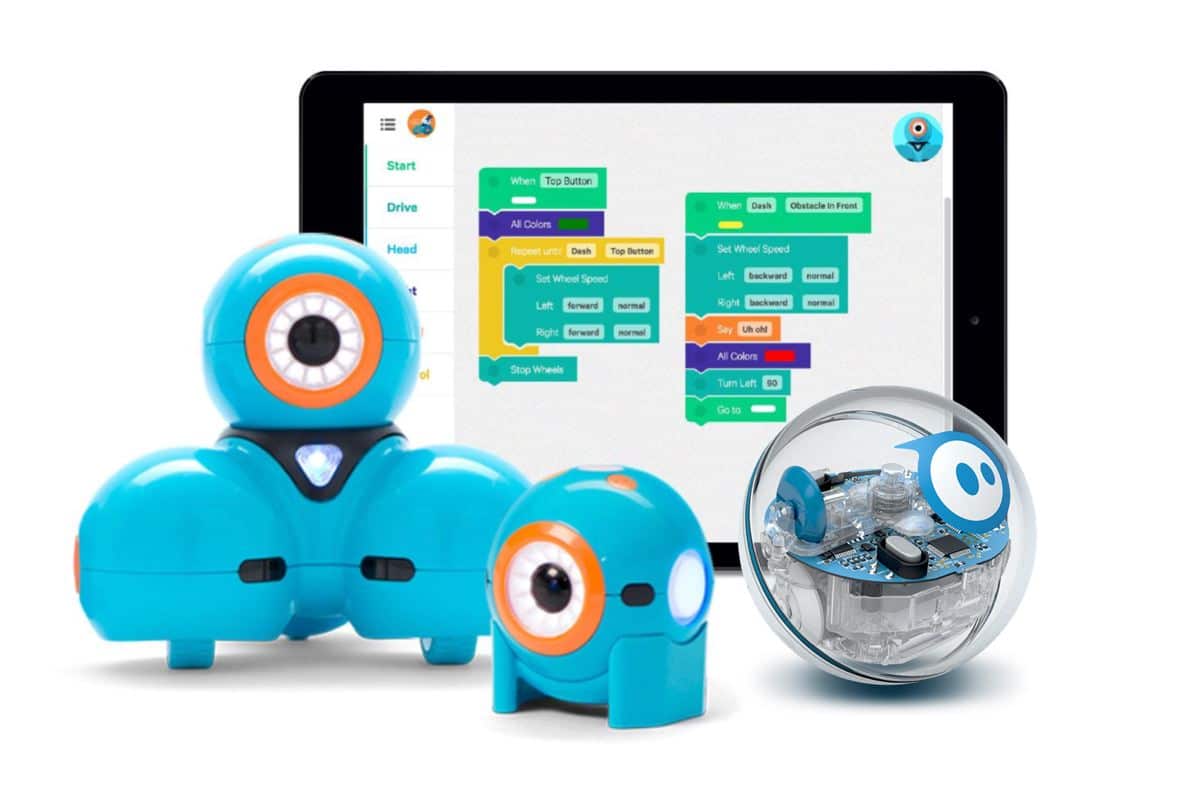
Arduino FreaksCar
The ElecFreaks FreaksCar runs on the popular Arduino electronics prototyping platform. This course gives students an in-depth understanding of robotics engineering, allowing students to explore concepts through challenges designed to emulate real world situations and environments that require robotic solutions.
